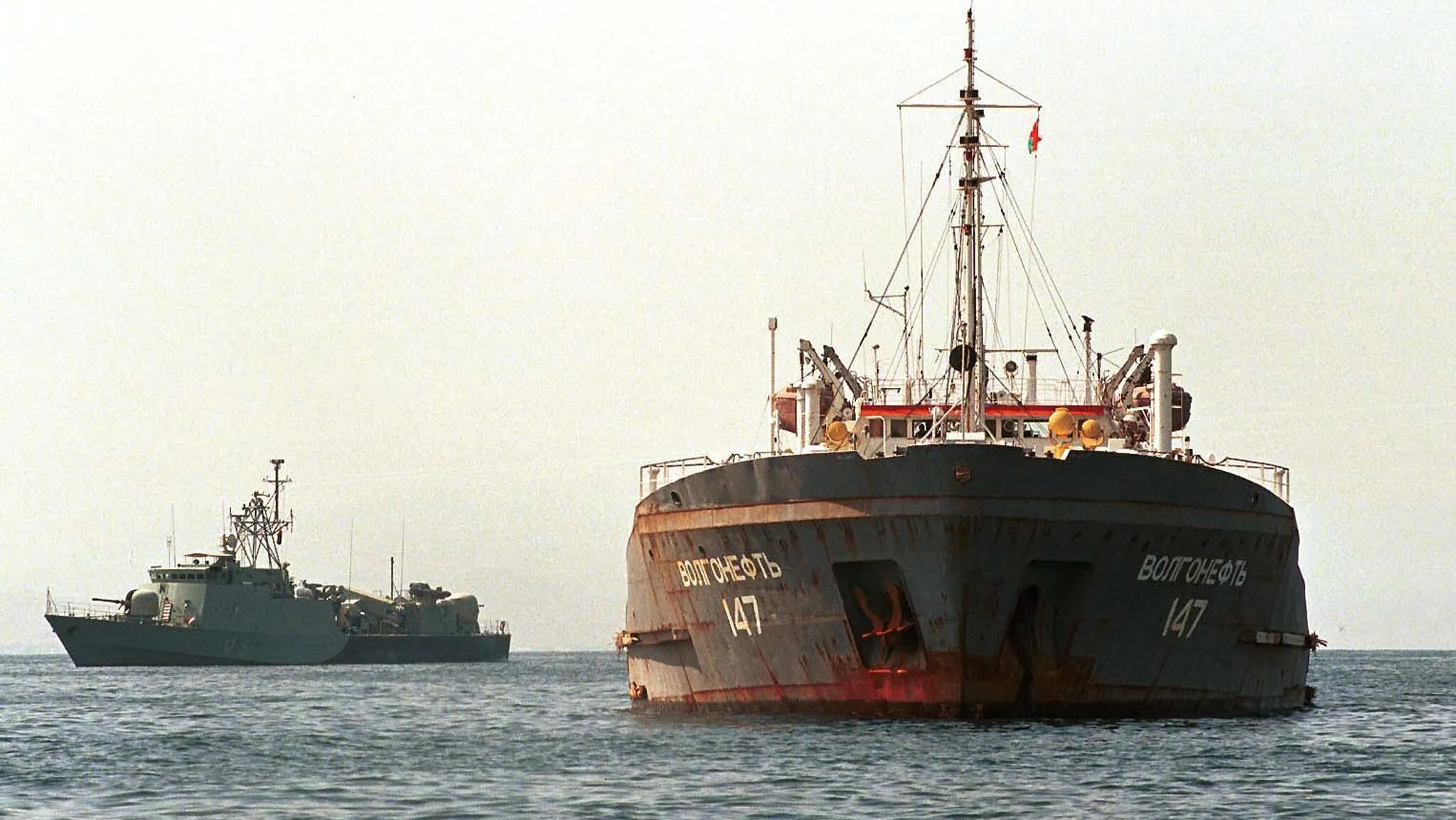Black Sea Oil Spill: A Looming Environmental Catastrophe Threatens Marine Life and Human Health
In a devastating maritime disaster, the Black Sea has become the epicenter of an environmental crisis that threatens to unleash unprecedented ecological damage. On December 15, 2024, two Russian oil tankers, Volgoneft-212 and Volgoneft-239, were caught in a catastrophic storm in the Kerch Strait, triggering what experts are calling a potential “environmental nightmare.”
The incident unfolded with alarming speed and devastating consequences. The Volgoneft-212 dramatically split in two and sank, while the Volgoneft-239 ran aground, both vessels carrying over 4,000 tons of mazut, a particularly harmful heavy residual fuel oil. Within hours, approximately 3,000 tons of toxic fuel began spreading across a 60-kilometer stretch of the Black Sea coastline.
Environmental Devastation Unfolds
Marine biologists are sounding the alarm about the potential long-term ecological impact. Dr. Elena Petrova, a leading marine environmental scientist, warned, “This is not just an oil spill – it’s a potential ecosystem collapse.” The heavy fuel has already been observed coating marine wildlife, with local residents reporting numerous oil-covered birds struggling to survive.
The environmental implications are profound and far-reaching:
- Immediate Wildlife Impact
- Potential Long-Term Ecosystem Disruption
- Threat to Marine Biodiversity
- Potential Human Health Risks
Human Health and Economic Concerns
Beyond the immediate ecological damage, the spill poses significant risks to human health and local economies. Contamination threatens:
– Drinking water sources
– Seafood safety
– Local fishing industries
– Tourism sectors
“The sea doesn’t care about political borders,” remarked international environmental expert Dr. Marcus Thompson. “This disaster will have consequences far beyond the immediate spill area.”
Cleanup Challenges Emerge
Cleanup efforts are severely complicated by challenging winter conditions. Cold water temperatures significantly slow biological processes that could help mitigate the spill’s impact. Current strategies include:
- Floating environmental barriers
- Specialized oil skimming equipment
- Experimental oil-eating bacteria treatments
Over 4,000 volunteers have already mobilized along the affected coastline, demonstrating remarkable community resilience and environmental commitment.
Geopolitical Complications
The ongoing conflict between Russia and Ukraine further complicates international response efforts. Greenpeace and other environmental organizations are urgently calling for coordinated international intervention, emphasizing that environmental disasters transcend political boundaries.
Historical Context and Future Implications
This catastrophe bears striking similarities to the 1989 Exxon Valdez oil spill, which devastated the Alaskan ecosystem. It serves as a stark reminder of the fragility of marine environments and the urgent need for stricter maritime regulations.
A Call for Systemic Change
Environmental experts are using this disaster to highlight broader concerns about fossil fuel dependence. “This is more than an accident,” argues climate researcher Dr. Sarah Rodriguez. “It’s a wake-up call for global energy transformation.”
Conclusion: A Critical Moment for Global Environmental Action
The Black Sea oil spill represents more than an isolated incident – it’s a critical moment that demands global attention, immediate action, and long-term strategic planning. As cleanup efforts continue, the world watches and waits, hoping to minimize the potential ecological and human cost of this unprecedented maritime disaster.
Key Takeaways:
– Extensive marine ecosystem damage
– Potential long-term health risks
– Urgent need for international cooperation
– Critical moment for environmental policy reform
Disclaimer: Ongoing investigations continue to assess the full extent of the environmental impact.






Leave a Comment